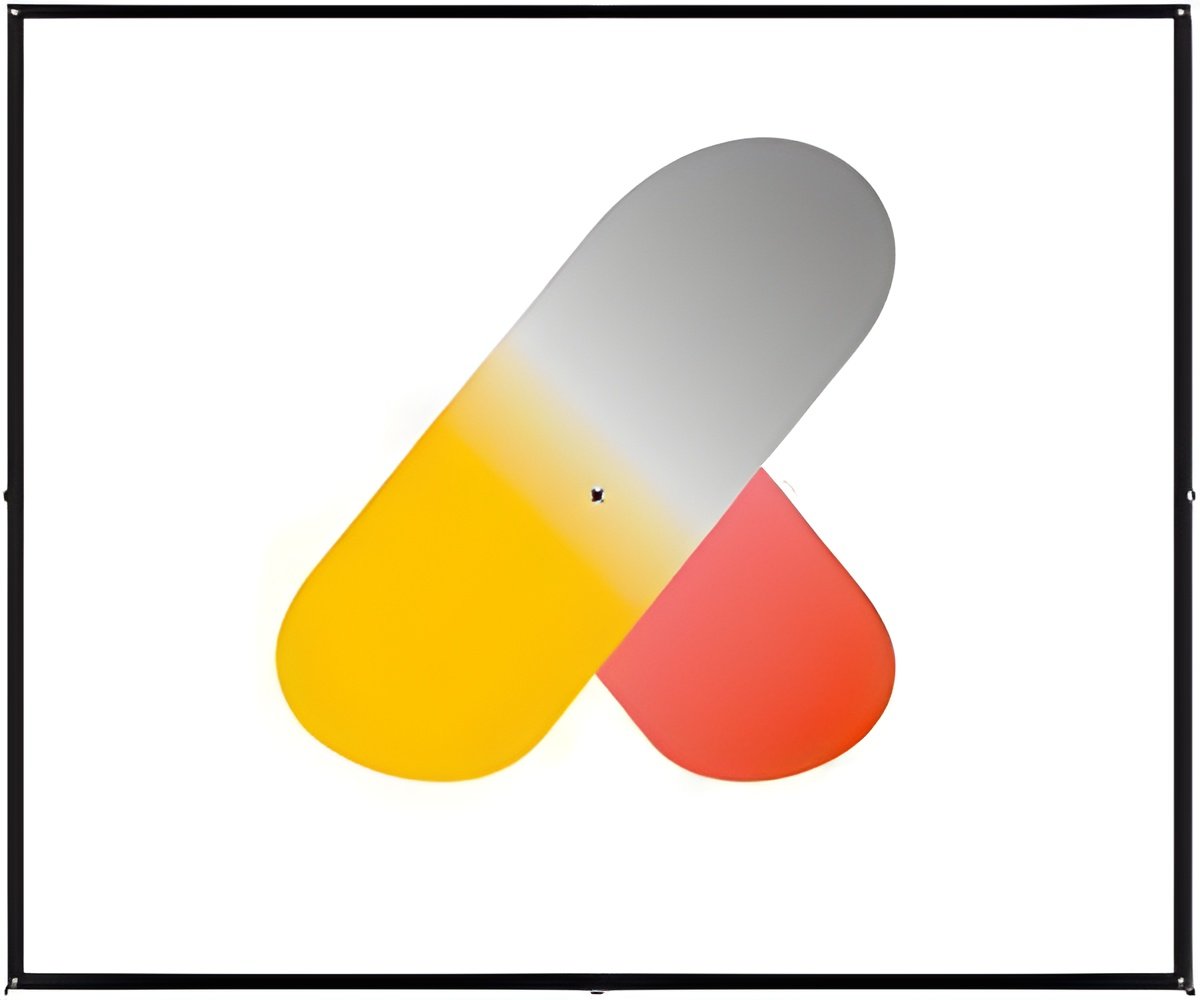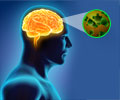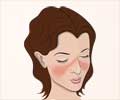
Jacques-Eric Gottenberg, M.D., Ph.D., of the Universite de Strasbourg, Strasbourg, France, and colleagues randomly assigned 120 patients with primary Sjögren syndrome to receive hydroxychloroquine or placebo for 24 weeks. All patients (treatment and placebo) were prescribed hydroxychloroquine between weeks 24 and 48. The study was conducted at 15 university hospitals in France.
At 24 weeks, the proportion of patients meeting the primary end point (30 percent or greater reduction in 2 of 3 scores evaluating dryness, pain, and fatigue) was 17.9 percent (10/56) in the hydroxychloroquine group and 17.2 percent (11/64) in the placebo group. Use of hydroxychloroquine was also not associated with improvement in certain lab tests used to monitor the activity of Sjögren (anti-SSA antibodies, IgG levels). During the first 24 weeks, there were 2 serious adverse events in the hydroxychloroquine group and 3 in the placebo group. In the last 24 weeks, there were 3 in the hydroxychloroquine group and 4 in the placebo group.
"In the present study, hydroxychloroquine did not demonstrate efficacy for the main disabling symptoms—dryness, pain, and fatigue—of primary Sjögren syndrome compared with placebo. [This trial] extends the negative results of the only previous controlled crossover trial, which included 19 patients and confirms that previous open trials might have overestimated the therapeutic efficacy of hydroxychloroquine in primary Sjögren syndrome," the authors write.
"Further studies are needed to evaluate longer-term outcomes."
Source-Eurekalert













